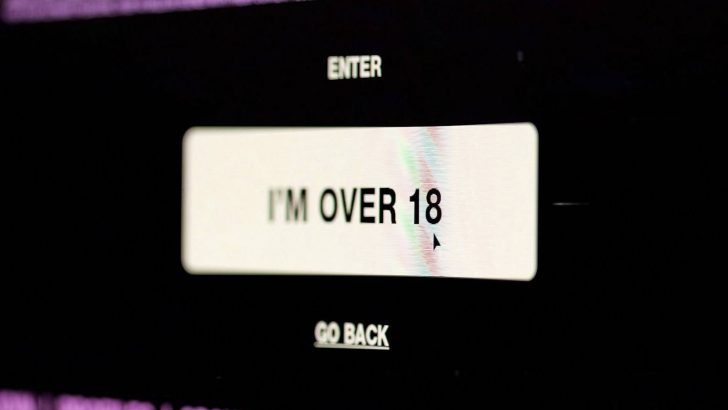There is an effort these days to cleanse pornography of its dirty image, dressing it up as part of a healthy sexual life. But a new study from the Economic and Social Research Institute’s (ESRI) should complicate that picture.
It shows that, among 17–20-year-olds in Ireland, consuming pornography is associated with aggression, “risky” sexual behaviours, low self-esteem (particularly around body image and sexual performance) and depression.
While the ESRI’s report warns that it is hard to determine whether pornography is the cause or a symptom, the link is hard to ignore.
This is especially the case when recent surveys suggest that sexual assault and sexual violence in general is on the rise in Ireland, while rates of depression are also spiking.
The Central Statistics Office found that 65% of women aged 18-24 have experienced sexual violence, while a study by TheJournal.ie showed an uptick in reported rape cases in Ireland.
There are issues with these studies and how they were collated, but the bottom line is the signs aren’t good and they match trends in the US and the UK.
The consumption of pornography may have broader impacts too, if Dr Abigail Favale is right in her supposing that exposure to the grotesque gender stereotypes of pornography is leading to a rise in gender dysphoria.
This is something the ESRI doesn’t consider, but all the same it is good that their report makes tentative links between consuming pornography and poorer health, wellbeing and relations to others.
But it seems unlikely, based on the report’s policy proposals, that it will ultimately do any good because our political and social elites have fallen for a modern myth – ethical pornography.
If only such a thing could be found, the study suggests, we could introduce young people to pornography in an age-appropriate, critical manner. It would just become another tool in their sexual self-expression.
Parents, teachers, and policy experts must help children develop ‘porn literacy’, so that it may be enjoyed responsibly.
It is this relativising attitude that permits pornography to harm so many young people. If we don’t accept that it is objectively harmful, regardless of its so-called ethics, we will get nowhere in tackling the issue.
The ESRI’s report points to truths about pornography the Church has been banging on about for ages – it enslaves our passions, treats men and women as objects and reinforces a culture that is waging a war against human nature, particularly in the sphere of sexuality.
The study acknowledges how pornography ‘scripts’ sexual encounters, fundamentally altering the way men and women expect to interact with each other sexually.
But it doesn’t see, as Marshall McLuhan famously said, that the medium is the message.
By its very nature, pornography teaches those who consume it to view sexual love as a self-centred act, treating the other person as an object from whom we extract pleasure.
Once you begin treating a person as an object or a means to an end, you have dehumanised them and you have dehumanised yourself, something well captured in the ESRI’s data. You would think this reality should form the basis of any effort to educate children about consuming pornography.
But as I say, for liberals such a fact can’t be admitted. To do so would mean admitting that the sexual revolution was a lie, and a harmful one at that.



